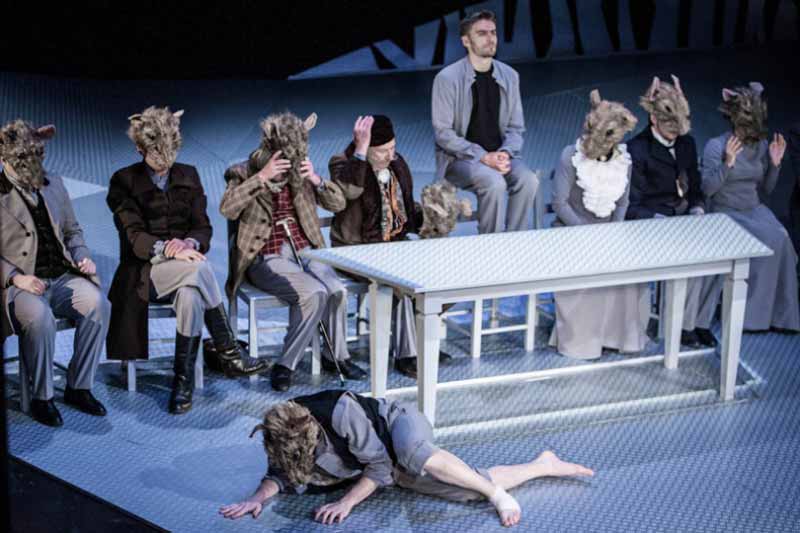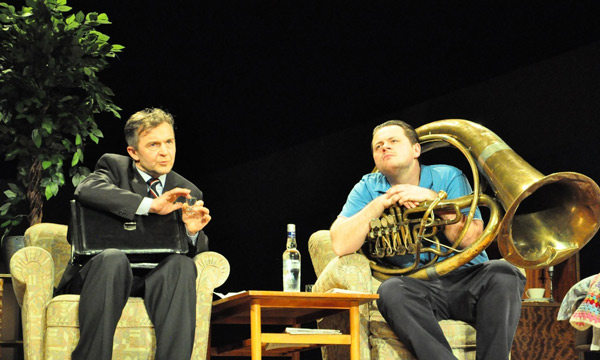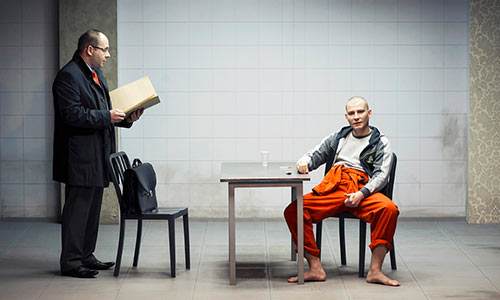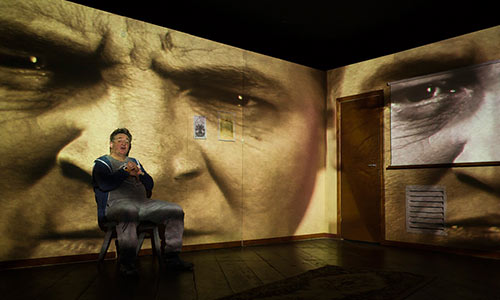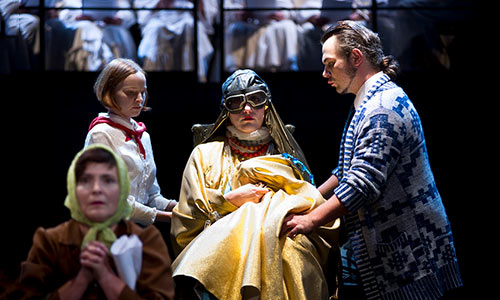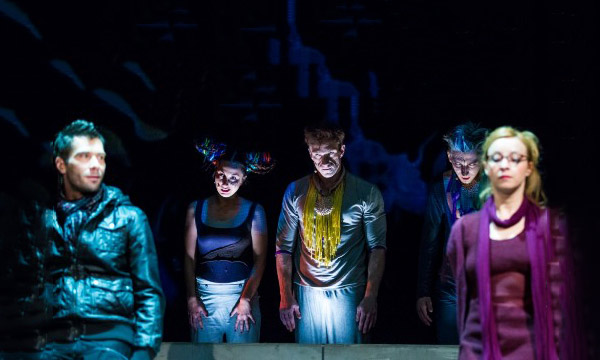The source of all human action lies in their will.
Platonow
Juliusz Osterwa Theatre in Lublin,
year: 2012
original text: Anton Czechow
translation from russian: Agnieszka Lubomira Piotrowska
dramatization: Dana Łukasińska
director: Agnieszka Korytkowska-Mazur
scenography: Jacek Malinowski
← home
Excerpts from my notes on the new interpretation of “Platonov” for Juliusz Osterwa Theatre in Lublin:
“My suggestions:
– the characters from “Platonov” are the prototypes of the characters from Chekhov’s works, as well as the archetypes of human behavior;
– Platonov is timeless like all other characters in the play. They were created in 1881, appeared on stages throughout the 20th century and continue to do so at the beginning of the 21st century; Platonov is an idea, he symbolizes a man with ambitions that withered when confronted with reality, he wanted to achieve something, but he lacked determination, energy, passion, confidence;
– the protagonists talk about ideas and the future, but they wait for the changes to happen on their own, but time follows its course; and even if they want to change something – their actions are merely appearances and go beyond using social status as an excuse
– the characters steal each other’s lines, they skip lines or say them without giving meaning to the words, or make them shorter; the historic time can be heard in their words only from time to time, although its passing should be stated clearly;
– Platonov gets killed, but somebody else takes his duties, so that the play can end with repeating the first scene with a new character in place of Platonov – a woman, a Jew?;
– ideas lose to trivial needs and shallow passions;
– history has treated Chekhov’s characters very ruthlessly. The majority would probably die during the revolution; some would be locked up in a looney bin. I’m thinking about treating Platonov as a symbol of the downfall of intelligence, a downfall that cannot be stopped;
– the majority of psychiatric disorders at the turn of the 19th and 20th centuries stemmed from inaction, inability to channel one’s life energy, of course with time mental disorders became identified with inability to adapt to social norms, or were seen as a rebellion against established rules of life;
– comparing with modern times: a multitude of Platonovs, in some circles there’s more pressure on action, movement and constant development, to the point when one has no time left to enjoy this self-development; the situation is reversed, as the multitude of possibilities seems as a chance to take action; the barrier of family background still exists, so the frustration and apathy are even bigger;
– Platonov is the unknown in the equations that are his relations with other characters:
he mocks the illusion of change and feelings, he exposes the attitudes of “a new man”, “a liberated woman”, he detects hypocrisy, exposes false statements and lack of principles, he causes unease, the need to explain yourself, he goes to extremes on purpose, bringing to light people’s real motives and characters;
– Osip is a version of Platonov that has nothing to lose and has no illusions about people, a cynic;
– Nikolai is a version of Platonov who chose the path of foolery, he has no principles;
– Wiengierowich, the Son – he’s a contemporary take on Platonov, full of disregard for those who do not act although they have the means to do so, he has a superiority complex, with which he’s trying to mask his complex of otherness, in the end he’s unwilling to leave his gold chains – the symbol of the power of money;
– Glagolyev ia a romantic version of Platonov stuck in the past;
– Glagolyev, the Son – a self-obsessed version of Platonov, ready to sacrifice his father’s feelings in order to preserve his comfortable life;
– and Platonov himself is suspended among all of them. He fees off their energy, but at the same time the more he sucks on their blood, the more he becomes soaked with it: he loses his dignity and his illusions;
– Platonov is not the Evil or the Demiurge, but rather a bad virus, which causes different symptoms for everybody, depending on their immunity
(that way we can end with Chekhov – the doctor)”.
I didn’t choose a career for myself and I didn’t make a mistake.
I never chose anything and I never made anything.
← home
more projects: theatre – dramatic plays



